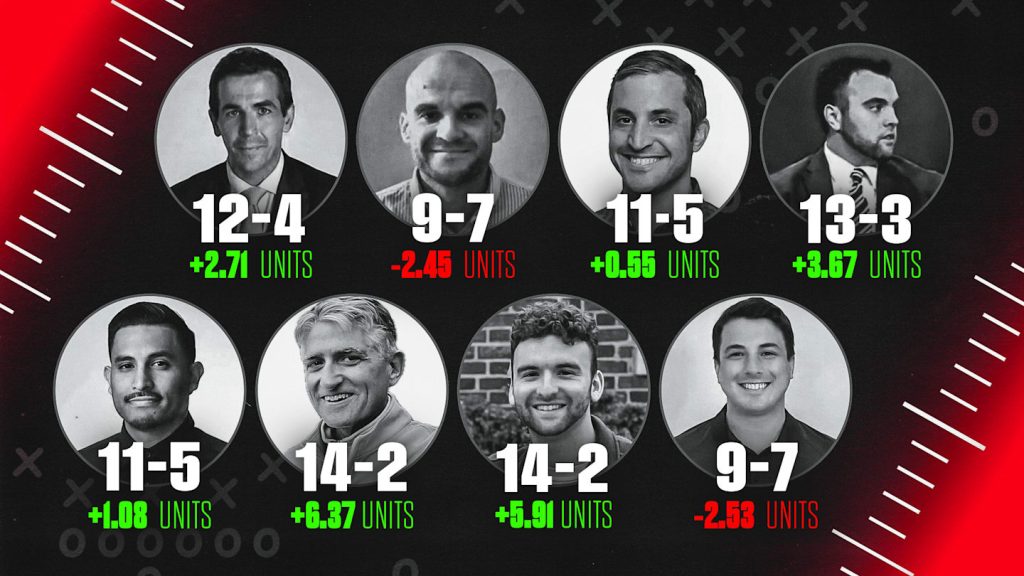In the world of college football, the debate over scheduling has become increasingly contentious. With the College Football Playoff (CFP) selection methods under scrutiny, FOX analyst Joel Klatt has stepped forward with a bold proposal aimed at reforming the scheduling process. Klatt believes that establishing a standardized scheduling model could significantly enhance the sport and its playoff outcomes.
Why Scheduling Reform is Crucial
Strength of schedule is a critical factor in determining playoff rankings, and it’s a topic that often sparks heated discussions among fans and analysts alike. Two conferences, the SEC and the Big Ten, frequently boast about the toughness of their schedules compared to other leagues. But what does it mean when top-tier teams like Alabama, Ohio State, and Georgia schedule weaker FCS opponents? While these matchups occasionally lead to surprising upsets, they often result in one-sided contests that do little to prepare teams for the rigors of playoff competition.
Klatt’s Vision for a Unified Scheduling Model
“I’m looking at you, fans, and I’m like, ‘I’m about to give you more of what you want.’ How do we do this? We’ve got to have an aligned schedule format.”
To address these issues, Klatt proposed a 9-1-2 scheduling model. This approach would require every team to play nine conference games, one non-conference game against a Power 4 opponent, and two non-conference games against Group of Five teams. This model aims to increase the number of high-stakes matchups between Power 4 teams, thereby enhancing the overall quality of the schedule.
Taking Scheduling Out of Athletic Directors’ Hands
“I also believe that we need to take away scheduling from athletic directors,” Klatt said on his podcast, “The Joel Klatt Show.” “Like, we don’t let NFL owners build their own schedule, so why in the world do we let athletic directors build their own schedule?”
Klatt emphasized that a centralized scheduling process could dramatically increase the value of college football’s inventory. By mandating that every conference play the same number of conference games, he believes it would create a more level playing field and provide fans with the competitive matchups they crave.
The Role of Notre Dame in the New Landscape
One program that remains a unique case in this discussion is Notre Dame. The Fighting Irish have carved out a distinctive identity as an independent team, primarily competing against ACC opponents. As they prepare to face Ohio State in the College Football Playoff national title game, the implications of Klatt’s proposed scheduling model on their future remain uncertain.
“No secret, the expansion of the CFP from four to 12 teams has helped enormously,” said Notre Dame athletic director Pete Bevacqua. “And we like the freedom, quite frankly, it gives us. … We really get to move around the map and keep that very national presence.”
As one of the most storied programs in college football, Notre Dame’s scheduling flexibility has allowed them to maintain a national presence. However, the question remains: how would they fit into Klatt’s vision for a more standardized approach?
Enhancing the College Football Experience
Klatt’s proposals are not just about fairness; they are about enhancing the overall experience for fans and players alike. By creating a more uniform scheduling format, college football could see an increase in excitement and engagement. Imagine a season where every week features meaningful matchups that could impact playoff standings. This is the vision Klatt is advocating for, and it resonates with many fans who crave a more competitive landscape.
Looking Ahead: The Future of College Football Scheduling
The landscape of college football is ever-evolving, and with the recent expansion of the College Football Playoff, the urgency for reforming scheduling practices has never been greater. As Klatt pointed out, the current system allows for too much variability and inconsistency, which can skew the competitive balance. By implementing a centralized scheduling model, the sport could not only improve its credibility but also enhance the excitement surrounding it.
In a sport where every game can make or break a season, the importance of a well-thought-out schedule cannot be overstated. Klatt’s insights provide a fresh perspective on how to navigate the complexities of college football scheduling and ensure that the best teams face each other on the biggest stages. As fans, we should all be eager to see how these changes could unfold and what they would mean for the future of college football.





























